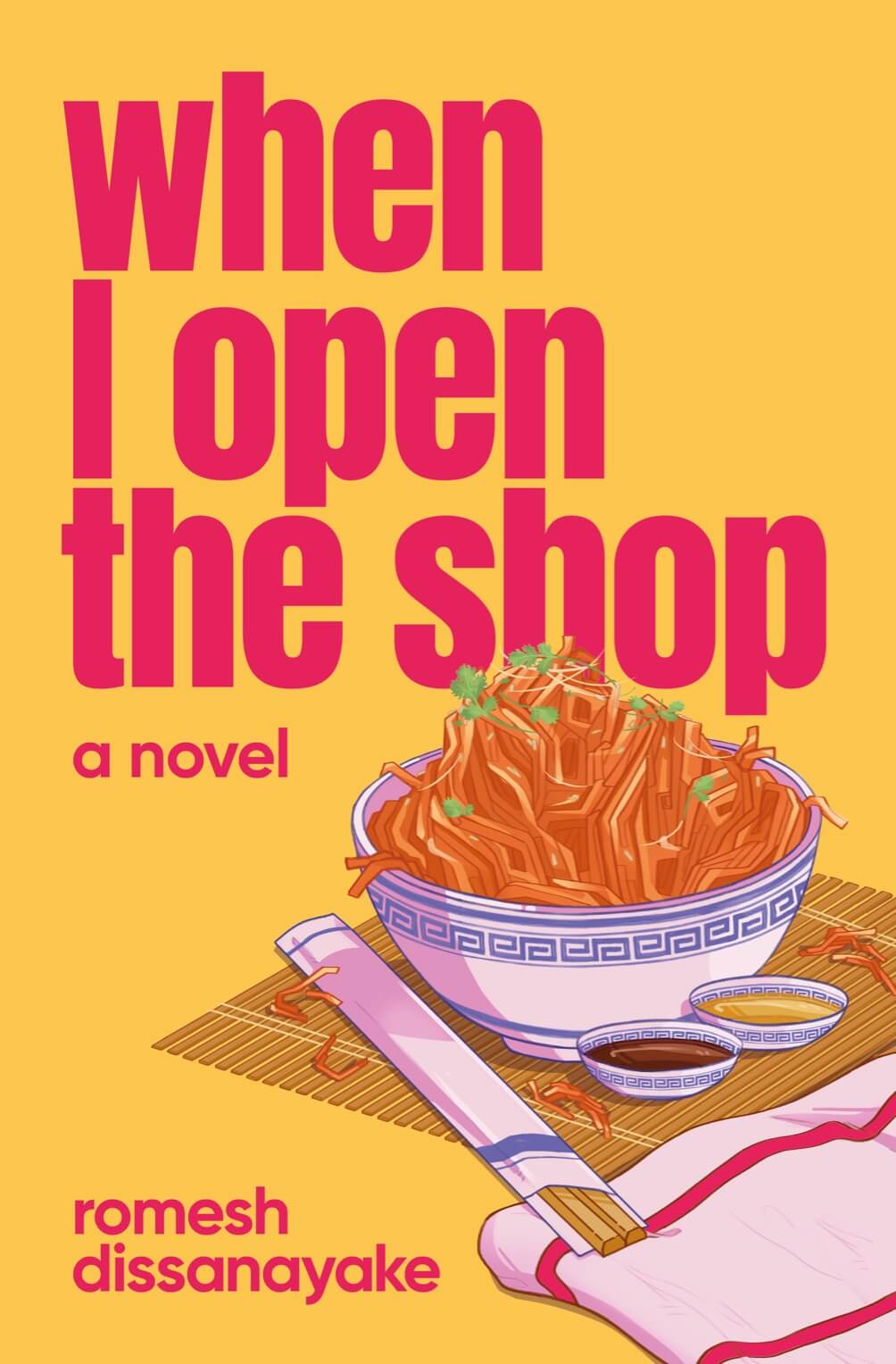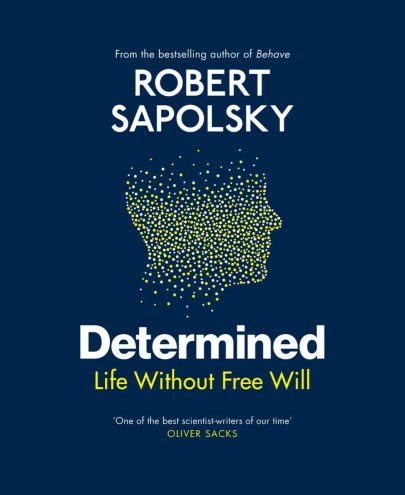Sep 19, 2024 Books
It’s been about five, maybe six months since my mother died.
Maybe longer.
It’s hard to tell exactly. I’ve been so busy with the shop.
When a novel opens with a banger like that, you hope you’re in for a great read. Too often, a stunning opening descends into a slack middle and a middling end, but When I open the shop by romesh dissanayake (Sri Lankan, Koryo Saram) does something truly impressive, actually delivering on the promise of its opening. It’s even more remarkable given that this is dissanayake’s first novel.
What follows is a quick but thoughtful exploration of the life of one immigrant in contemporary Te Whanganui-a-Tara. The story skips around in chronology, but loosely follows a chef opening a restaurant in the wake of his mother’s death, and his struggles to make his eatery a success. This plot summary doesn’t do When I open the shop much justice, though. Throughout, dissanayake jumps back and forth across time and even form — an account of the narrator’s fairly mundane encounter with a stranger appears just a few sections before the book takes flight into a series of surreal poems — never quite letting the reader settle into one state of being, or even time period.
It’s an approach that feels very 2024, which is appropriate given dissanayake’s completely modern voice. His writing feels specifically located in a time and generation; his concerns are the concerns of a millennial. His protagonist might inherit a small sum from his mother, but he also inherits his father’s dislocation, a tenuous connection to his own heritage, and, not unrelatedly, the heavy burden of honouring the ancestors. The best segment in the novel — weighty and funny — is essentially a conversation with those ancestors. It harkens back to the feeling of talking to your grandparents as a child, the closest one can come to talking to a deity in the flesh.
The millennial voice — clued in enough to know what’s going on, tuned out enough not to feel the full weight of a situation — has been a common one in New Zealand literature over the past decade or so (especially among the work of graduates of Victoria University of Wellington’s International Institute of Modern Letters), but dissanayake’s particular voice and the world that his protagonist inhabits are distinct enough to make his work stand out. This isn’t an esoteric novel that leads with a concept, dragging prose behind it, or a collection of short stories wrangled together over a few years. In When I open the shop, dissanayake’s world emerges fully realised. In this world, inheritance gives with one hand while punching you in the gut with the other, and microaggressions around a dinner table can boil over into plain old aggressions. It is also a world where the differences between the cosy flats of some people’s mid-twenties and the houses of an immigrant’s childhood are thrown into sharp relief — modern kitchens with floating islands compared to sauce-stained benchtops.
That makes dissanayake’s novel sound heavy, but it very rarely is. His protagonist (unnamed for most of the novel) carries the weight of his ancestors resignedly, like a child dragging a sack behind him — it occasionally sucks, but mostly it’s just a nuisance. Mostly, dissanayake’s novel is just really damn funny, finding the laughter among the shit. The novel, for instance, makes heavy, earned, references to Pedro Almodóvar — specifically Chus Lampreave in Women on the Verge of a Nervous Breakdown, thank you very much — and the specific despair of dancing at The Big Kumara (RIP).
dissanayake also has an enviable skill in finding the music in naturalism and the symphony in routine. Too often new writers aim for this but fail, and attempts at simple prose end up reading instead as an underthought first draft. But take this passage from When I open:
I turn on RNZ and wait for the morning news, bobbing a teabag in and out of the water before flicking it into the sink. I usually get three or four cups out of one teabag, especially if it’s as weak as I make it. Sometimes I’ll pick up the teabag from the sink after I get home from work and drop it back into my cup and pour hot water over it again.
At first read, it seems like a clinical retelling of facts. On a second and third, you get the rhythms of it, the pleasant clack of the three “teabags” against each other across as many sentences, the magnetism of the word “flicking”. dissanayake has so many such passages across the book that his achievement seems effortless, but the construction of his prose is obviously anything but. His deftly plain writing of the quotidian makes the more lyrical gut punches, like “I collected pieces of her and took them home with me to give texture to a dream where we were together”, hit that much harder, the writer’s equivalent of jumping from the top rope.

When i open the shop
dissanayake also, blessedly, takes a hatchet to the absolute fiction of Wellington as a city of whiteness — strangely, a perception mostly held by Pākehā who spend more time reading books and newspapers about their city rather than actually living in it. dissanayake’s Te Whanganui-a-Tara is a vibrant place (although even his protagonist has to make concessions to public servants at one point) and has the convincing feel of a city portrayed by someone who has actually lived in it, not just briefly studied there.
Few debuts are perfect, though, and while dissanayake’s is pretty damn great, the general excellence means the weaker parts of his work stand out. Some stretches of When I open the shop feel a bit underwritten — a sex scene towards the middle, a dinner among friends that reads less like a novel and more like a script. It’s here that the author’s voice doesn’t fail him, quite, but his limits are tested. Neither scene is outright bad, but the stylistic equivalent of listening to a raw demo smack bang in the middle of an otherwise stunning LP. When the singing is so good, to hear anything but feels like a disappointment.
However, a first-time novelist coming out this assured, so confidently off-beat, is remarkable. Fittingly for a book about a man who opens his own space, putting down a firm stake in the world, dissanayake has done exactly the same.
When i open the shop
romesh dissanayake
Te Herenga Waka University Press
$35






